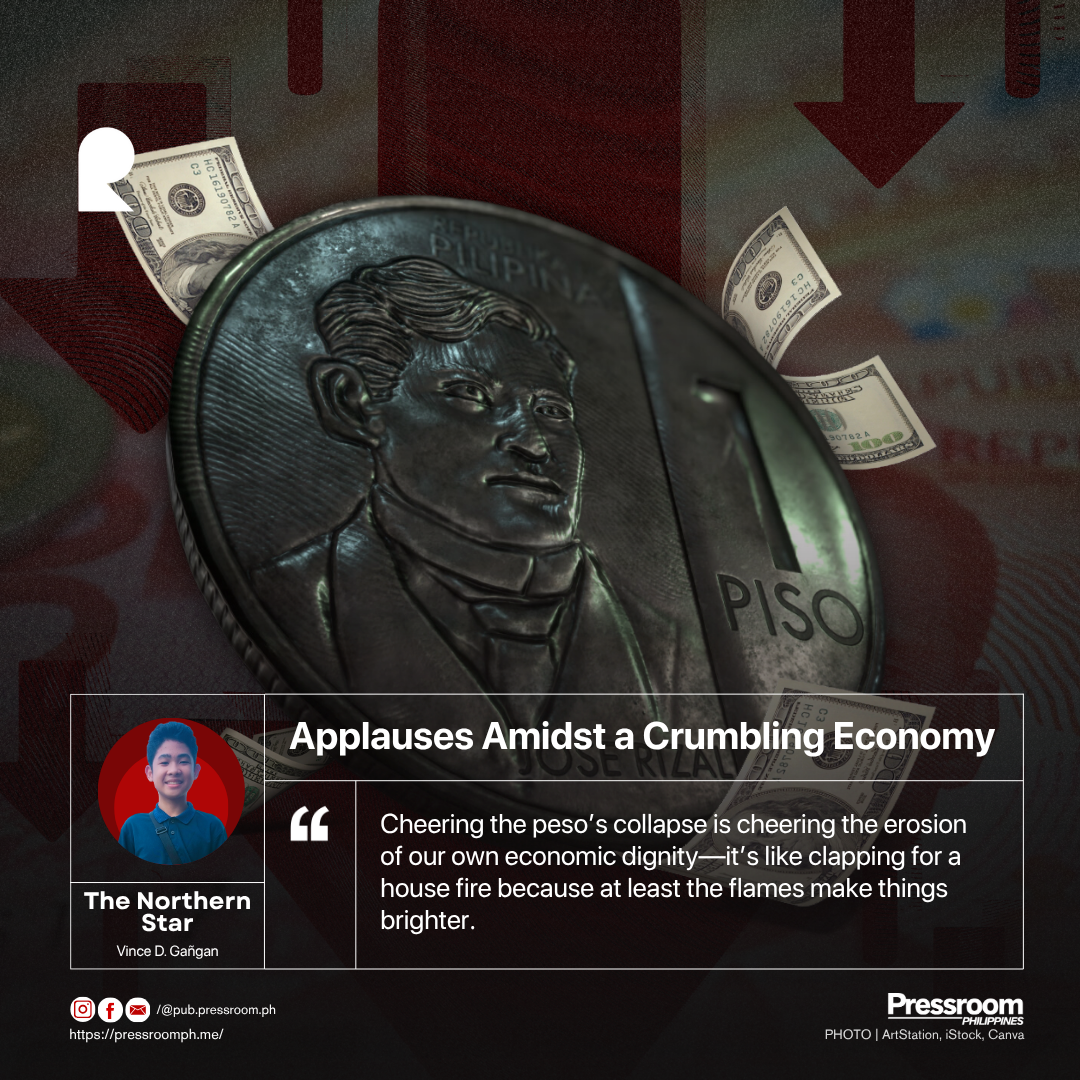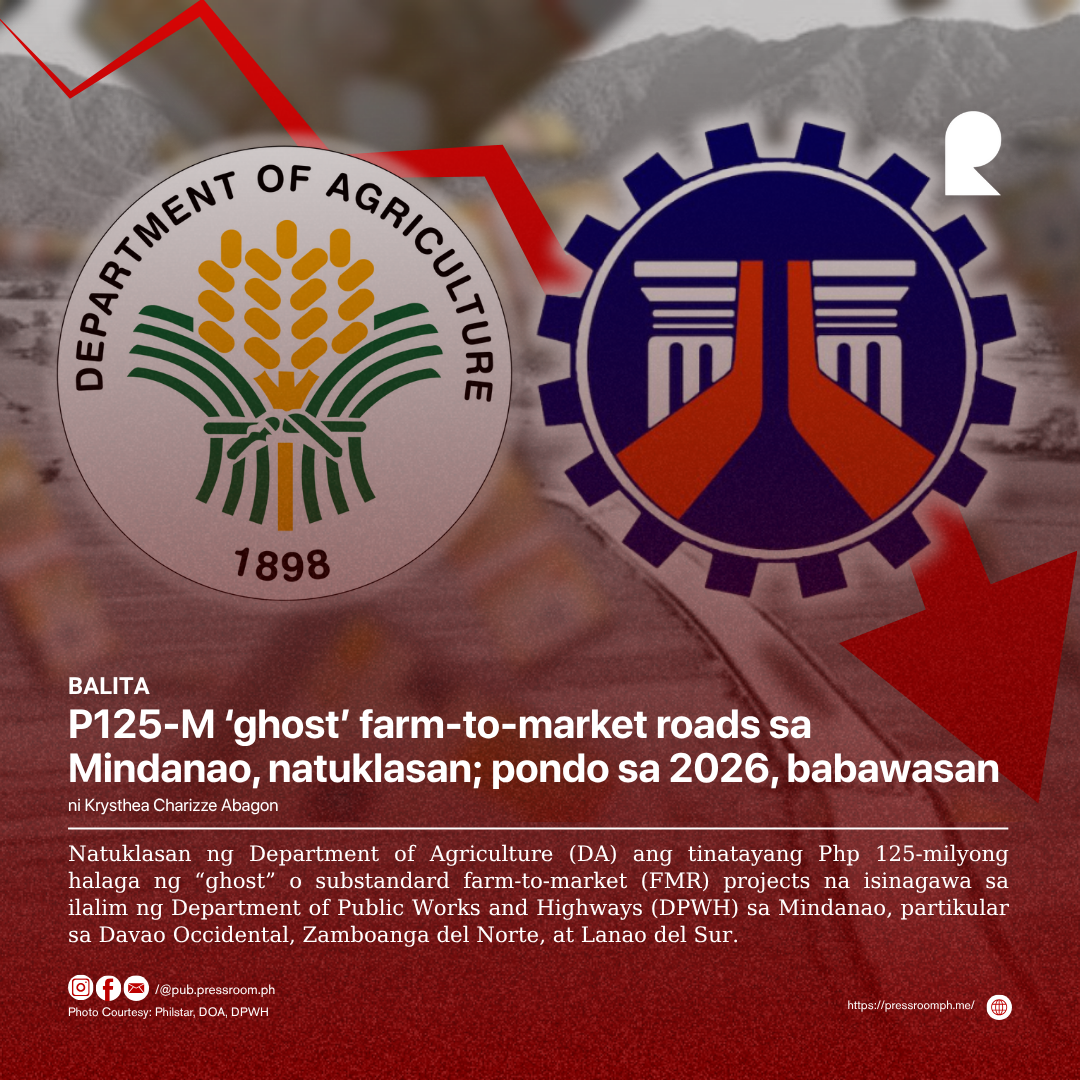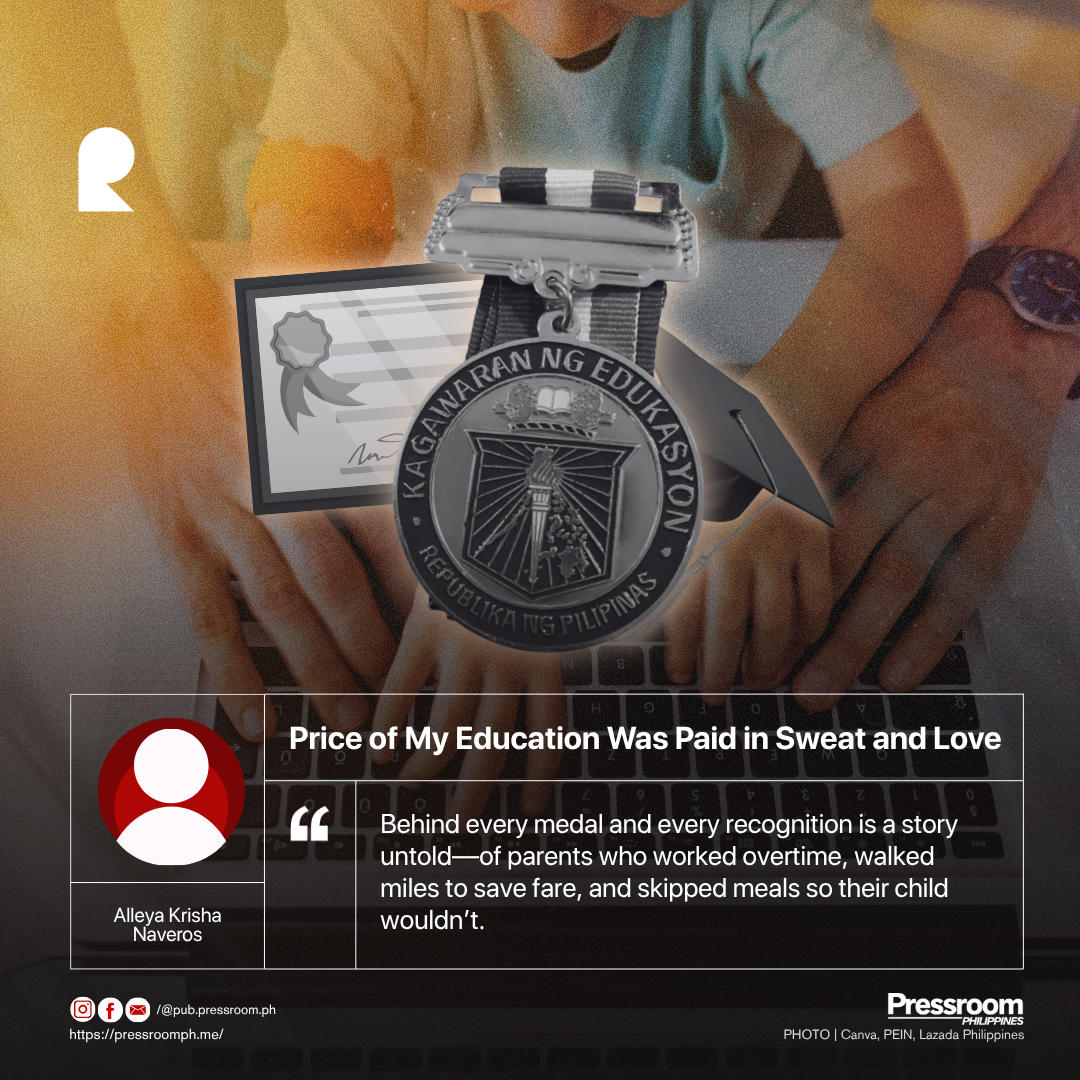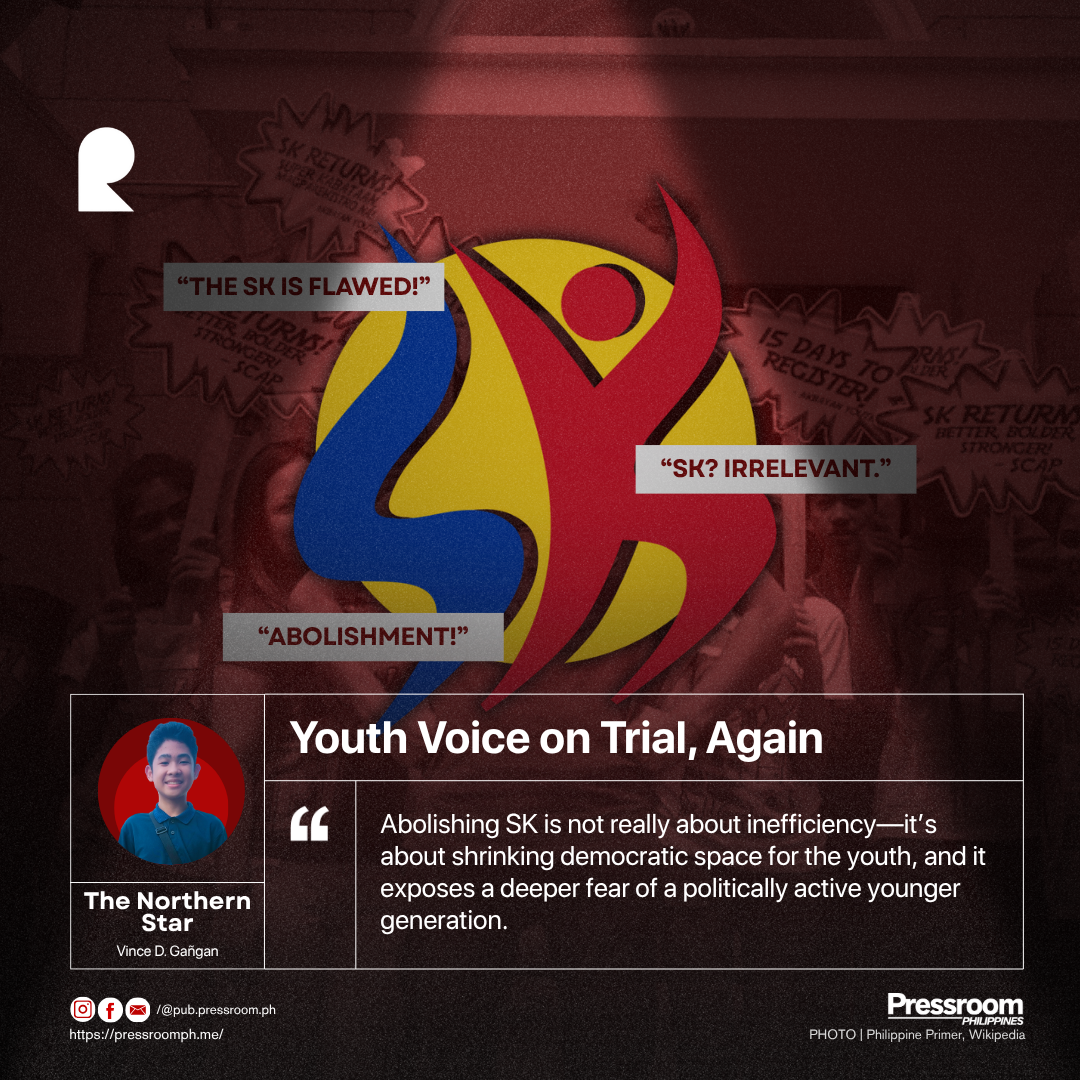Every time the peso weakens against the dollar, social media fills with cheers, heart reactions, applauses, and jokes. “58 pesos to a dollar na!” some exclaim, as though it were a victory. The irony is striking. We are applauding what, in reality, is the slow and evident downfall of our own economy.
To be fair, the cheer is not entirely nonsensical. For overseas Filipino workers and their families, a higher exchange rate means more pesos from every dollar remitted. A $200 remittance stretches farther when converted at P58 instead of p
P50. But focusing only on this gain ignores the bigger picture—and the storm clouds gathering behind it.
A weak peso is not a badge of honor—it’s a warning sign. It means imported fuel and goods become more expensive, driving inflation higher. It means our debts, often denominated in foreign currency, grow heavier. It signals to investors that confidence in our economy is low. In other words, the rising dollar is less a jackpot than a red flag.
So why do we cheer? Part of it is cultural. Filipinos cope with hardship by laughing at it. What should trigger outrage becomes a punchline. Part of it is also ignorance: financial literacy is weak, and too many equate a “high number” with something positive, not realizing that it means their purchasing power is shrinking.
This twisted celebration also reflects how dependent we’ve become on remittances. Our economy leans so heavily on OFWs that we measure the peso’s strength not by how far it carries a worker’s daily wage at home, but by how many pesos a dollar can send back. That dependence has warped our perception of what’s worth celebrating.
Let’s be honest: cheering the peso’s collapse is cheering the erosion of our own economic dignity. It’s like clapping for a house fire because at least the flames make things brighter. What we should be doing instead is demanding stronger policies to protect the peso, diversify our industries, and reduce our vulnerability to foreign markets.
The peso’s weakness should sober us, not amuse us. It is not a scoreboard of success but a mirror of how exposed we are. Until we stop applauding decline as if it were victory, we will stay trapped in the same cycle—a nation confusing survival for progress.






